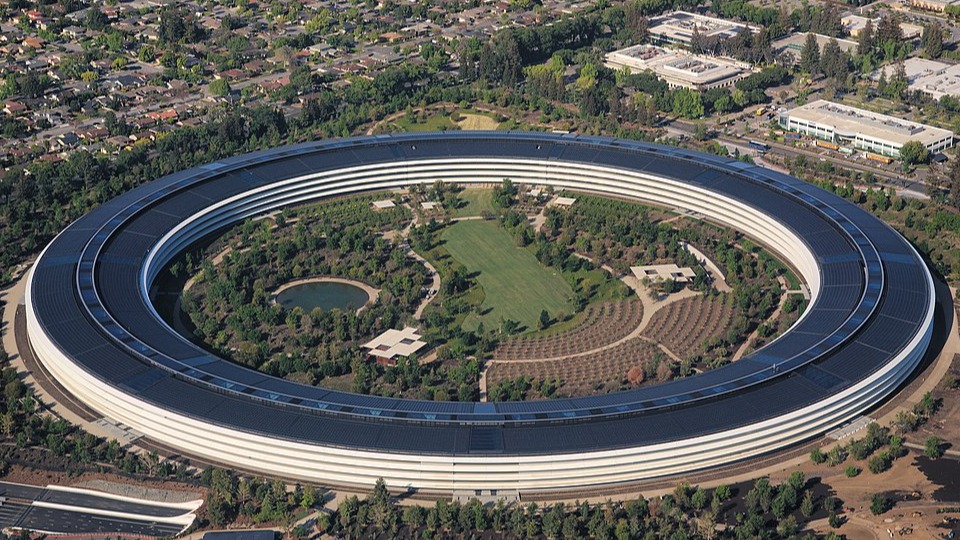With the rise of generative artificial intelligence (GenAI) technologies beginning to stoke fears of increased misinformation, BigTech firms including Microsoft and Google have pledged to help prevent deceptive AI content from interfering in this year’s global elections.
At the Munich Security Conference (MSC) last week, 20 companies signed the “Tech Accord to Combat Deceptive Use of AI in 2024 Elections”, a set of commitments to deploy technology countering harmful AI-generated content meant to deceive voters.
Those who signed have pledged to work collaboratively on tools to detect and address online distribution of such AI content, drive educational campaigns, and provide transparency, among other concrete steps.
The accord also includes a broad set of principles, including the importance of tracking the origin of deceptive election-related content and the need to raise public awareness about the problem.
The signatories of the pledge are: Adobe, Amazon, Anthropic, Arm, ElevenLabs, Google, IBM, Inflection AI, LinkedIn, McAfee, Meta, Microsoft, Nota, OpenAI, Snap, Stability AI, TikTok, TrendMicro, Truepic, and X.
The eight specific commitments of the accord are: Developing and implementing technology to mitigate risks related to deceptive AI election content, including open-source tools where appropriate; assessing models in scope of this accord to understand the risks they may present regarding deceptive AI election content; seeking to detect the distribution of this content on their platforms; seeking to appropriately address this content detected on their platforms; fostering cross-industry resilience to deceptive AI election content; providing transparency to the public regarding how the company addresses it; continuing to engage with a diverse set of global civil society organisations and academics, and; supporting efforts to foster public awareness, media literacy, and all-of-society resilience.
The issue of deceptive AI content was once again spotlighted last week when OpenAI announced the creation of Sora, a tool which claims to be able to create photorealistic videos based on text prompts.
Latest News
-
Currys overhauls payment systems to adopt emerging tech
-
Ocado to widen access to tech as exclusivity agreements end
-
Asda hires new group CIO to lead tech and data teams
-
Morgan Stanley warns 200,000 European banking roles 'under threat' from AI
-
The top technology trends to expect in 2026
-
The most read National Technology News stories of 2025
The future-ready CFO: Driving strategic growth and innovation
This National Technology News webinar sponsored by Sage will explore how CFOs can leverage their unique blend of financial acumen, technological savvy, and strategic mindset to foster cross-functional collaboration and shape overall company direction. Attendees will gain insights into breaking down operational silos, aligning goals across departments like IT, operations, HR, and marketing, and utilising technology to enable real-time data sharing and visibility.
The corporate roadmap to payment excellence: Keeping pace with emerging trends to maximise growth opportunities
In today's rapidly evolving finance and accounting landscape, one of the biggest challenges organisations face is attracting and retaining top talent. As automation and AI revolutionise the profession, finance teams require new skillsets centred on analysis, collaboration, and strategic thinking to drive sustainable competitive advantage.
© 2019 Perspective Publishing Privacy & Cookies








Recent Stories